On October 12, 1969, the “Paul is dead” conspiracy theory was born, and on April 30, 2019, we lost the man who kickstarted the whole thing. Russ Gibb was an eccentric Michigan disc jockey and concert promoter who performed these jobs under the name Uncle Russ and the Pink Pussycat, respectively. However, his largest claim to fame was far and away the hour-long radio segment that “seriously” entertained the idea that Paul McCartney, famed bassist for the Beatles, was dead and the band was covering it up, creating one of the wildest myths of rock music history.
Videos by American Songwriter
Well, as much as one can cover something up when they supposedly hide secret messages about burying their friend on their internally multi-platinum albums.
How The “Paul is Dead” Conspiracy Theory Came To Be
On October 12, 1969, Russ Gibbs was manning the board at WKNR as Uncle Russ when an anonymous caller requested that he play “Revolution 9” backwards. When Gibbs obliged, he heard a cryptic message: Turn me on, dead man. Next, he played “Strawberry Fields Forever,” the end of which John Lennon purportedly says, I buried Paul. The mysterious WKNR caller argued that this was proof that Paul McCartney had actually died years before the release of the band’s eponymous “White Album,” and these hidden messages were proof.
Some disc jockeys would end the conversation and keep the program rolling. Gibbs opted for a different tack, entertaining these ideas for the next 60 minutes while more and more Detroit listeners tuned in. To be clear, Gibbs wasn’t the first person to suggest that McCartney had secretly died. But he was the first person to dive into this conspiracy theory on a major platform. The following week, Gibbs followed up with this morbid conspiracy with a two-hour radio show called “The Beatle Plot.” This “mockumentary,” which outlined the various bits of evidence to support the theory that McCartney was dead, was quickly picked up by other radio stations across the country, pushing the rumor across the pond to the “dead” man himself: McCartney.
“Someone from the office rang me up and said, ‘Look, Paul. You’re dead,’” McCartney recalled in a 1974 Rolling Stone interview. “I said, ‘Oh, I don’t agree with that.’ And they said, ‘Look, what are you going to do about it? It’s a big thing breaking in America. You’re dead.’ And so I said, leave it, just let them say it. It’ll probably be the best publicity we’ve ever had, and I won’t have to do a thing except stay alive.’”
Rumors Often Make For The Best Publicity
WKNR host Russ “Uncle Russ” Gibbs garnered his local radio station a level of publicity they had never seen before, but he didn’t stick around in the world of conspiracy theories for long. Former colleagues of Gibbs’ recognized him as an entrepreneur over all else, and his willingness to entertain that October 1969 caller’s theory about Paul McCartney being dead was more of a publicity play on Gibbs’ part than something he actually believed.
As he progressed in his career as a teacher and concert promoter, he oscillated between acknowledging and avoiding his role in the “Paul is dead” legacy. In his later years, Gibbs was said to have leaned into his work in the 1960s music scene, attending events that celebrated the legacy of his hometown and the Grande Ballroom, his venue that hosted iconic acts like Led Zeppelin, the Grateful Dead, and Janis Joplin.
In an ironic twist of fate, Paul McCartney would end up outliving the man who helped the rumor of McCartney’s death reach a fever pitch.
Photo by Daily Mail/Shutterstock

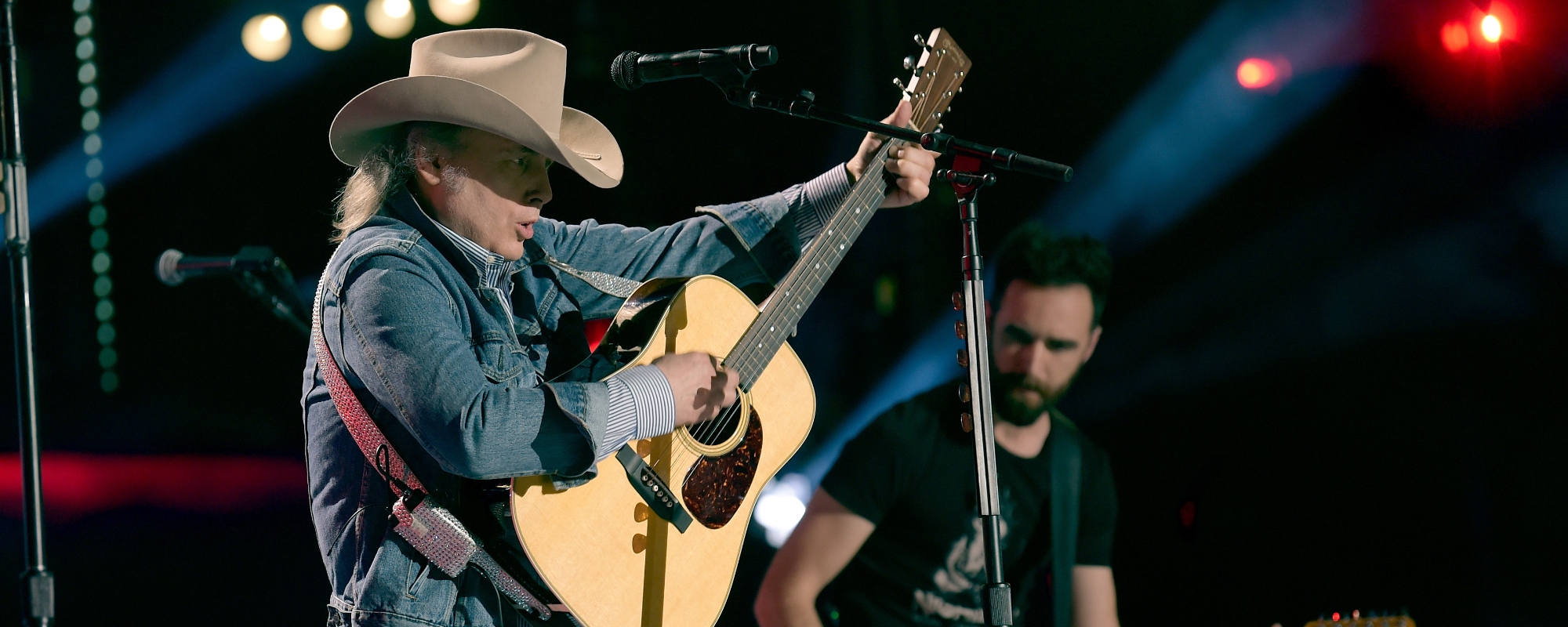
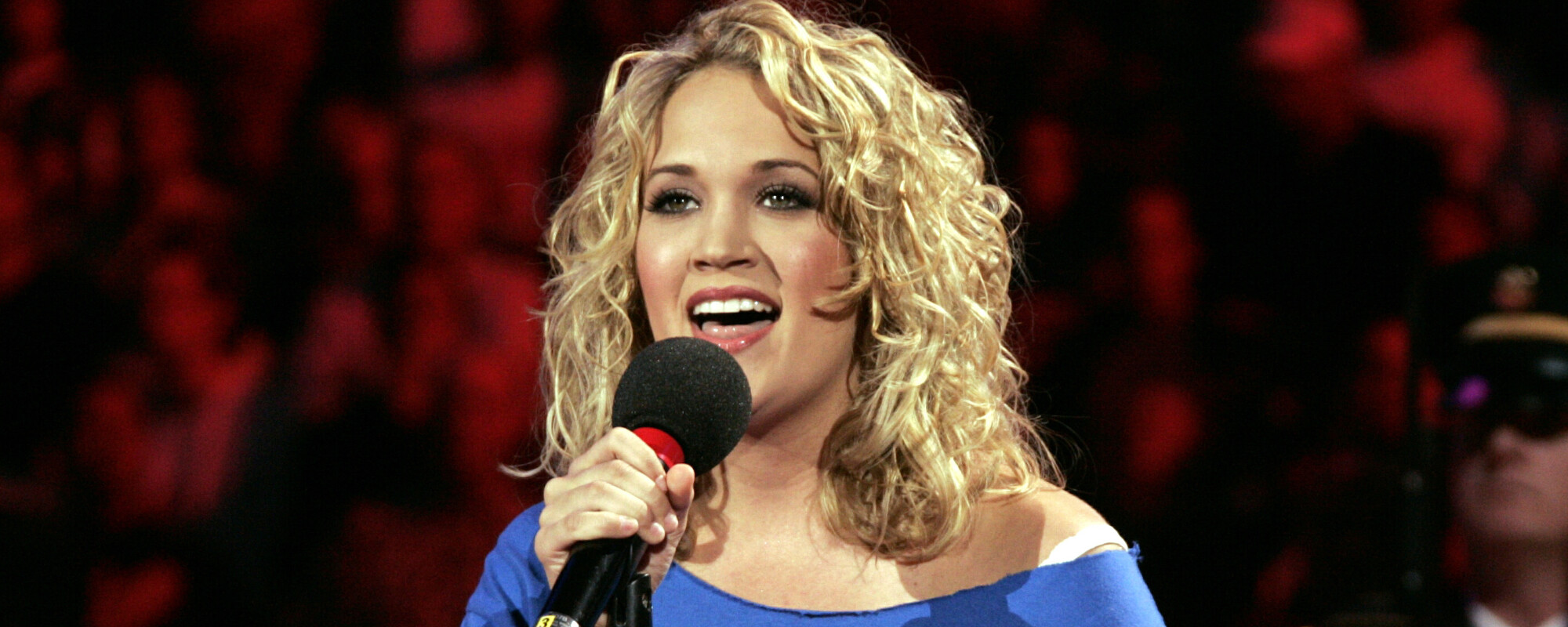
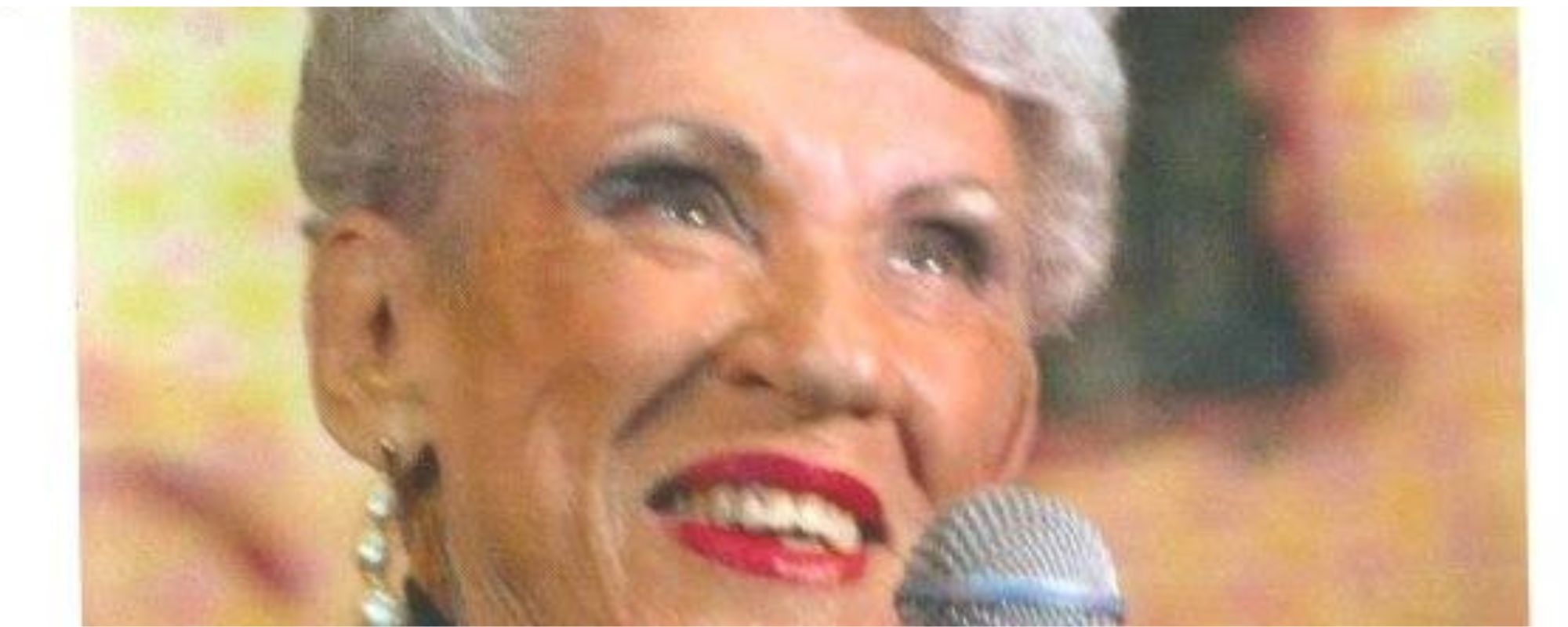
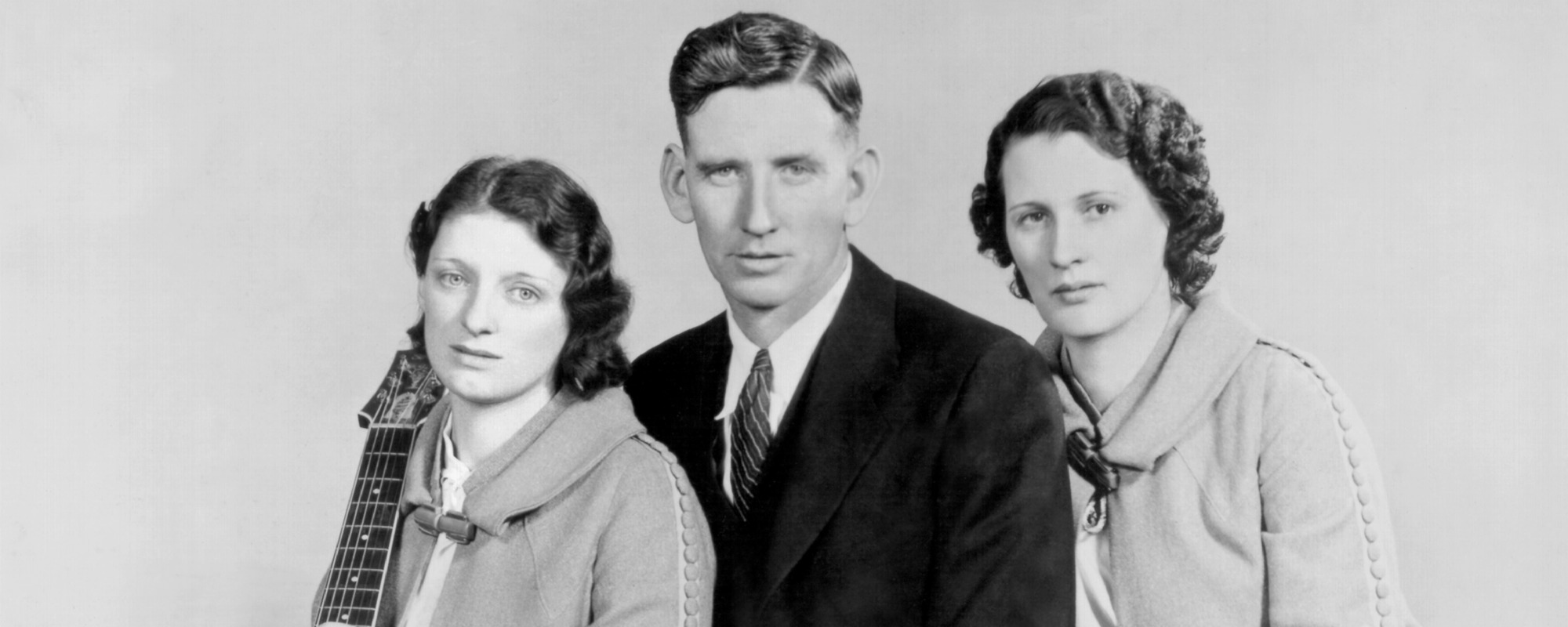
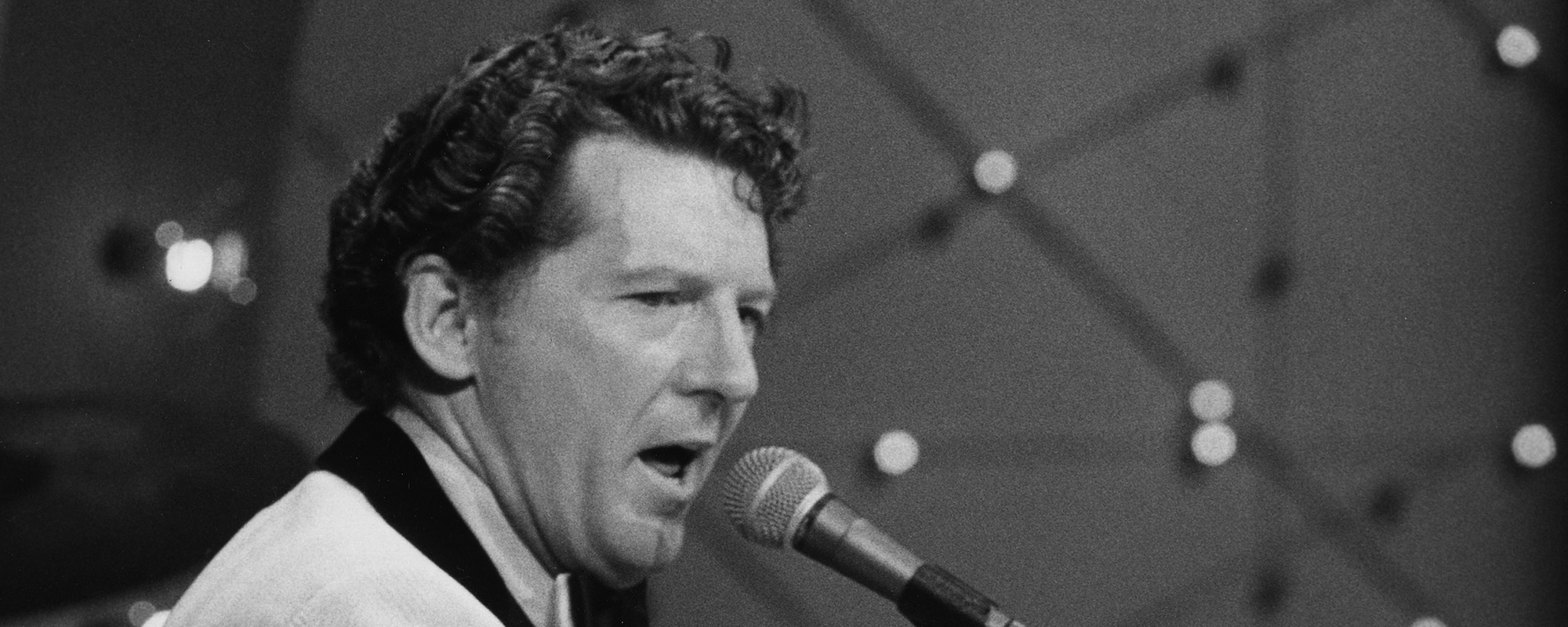
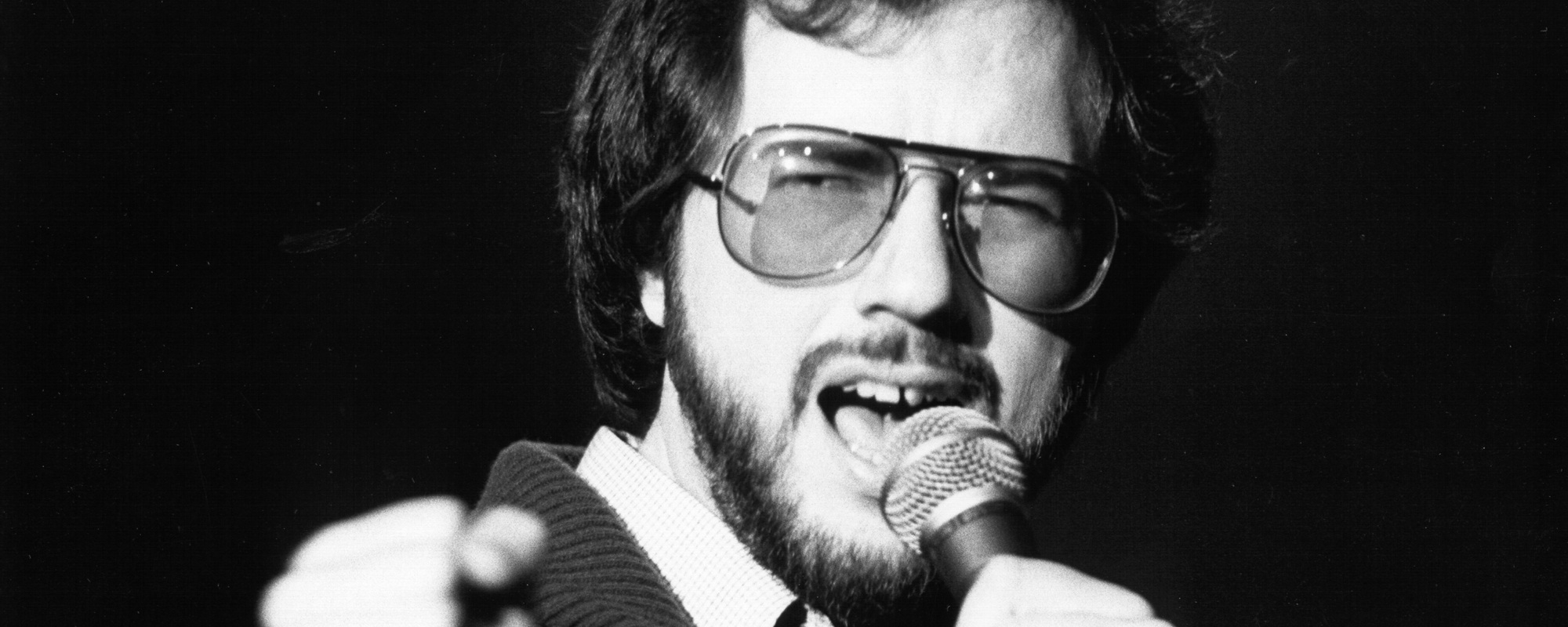
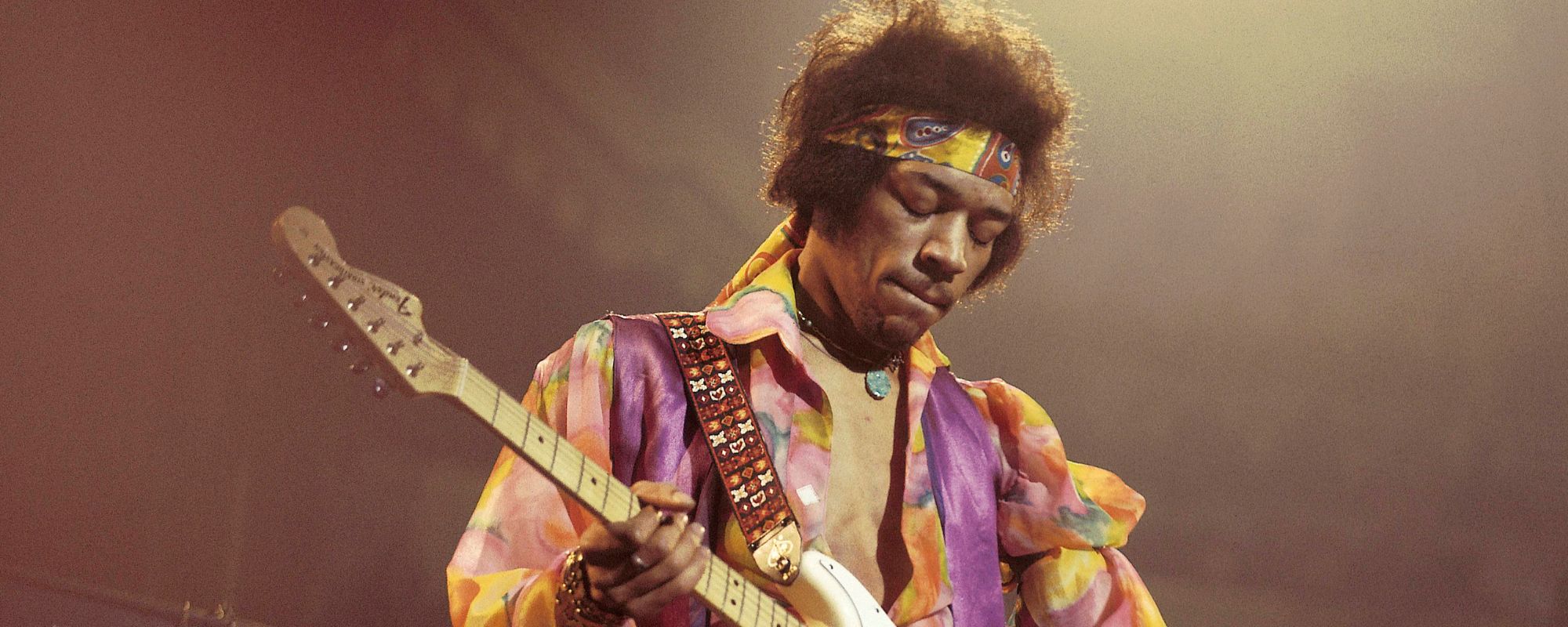
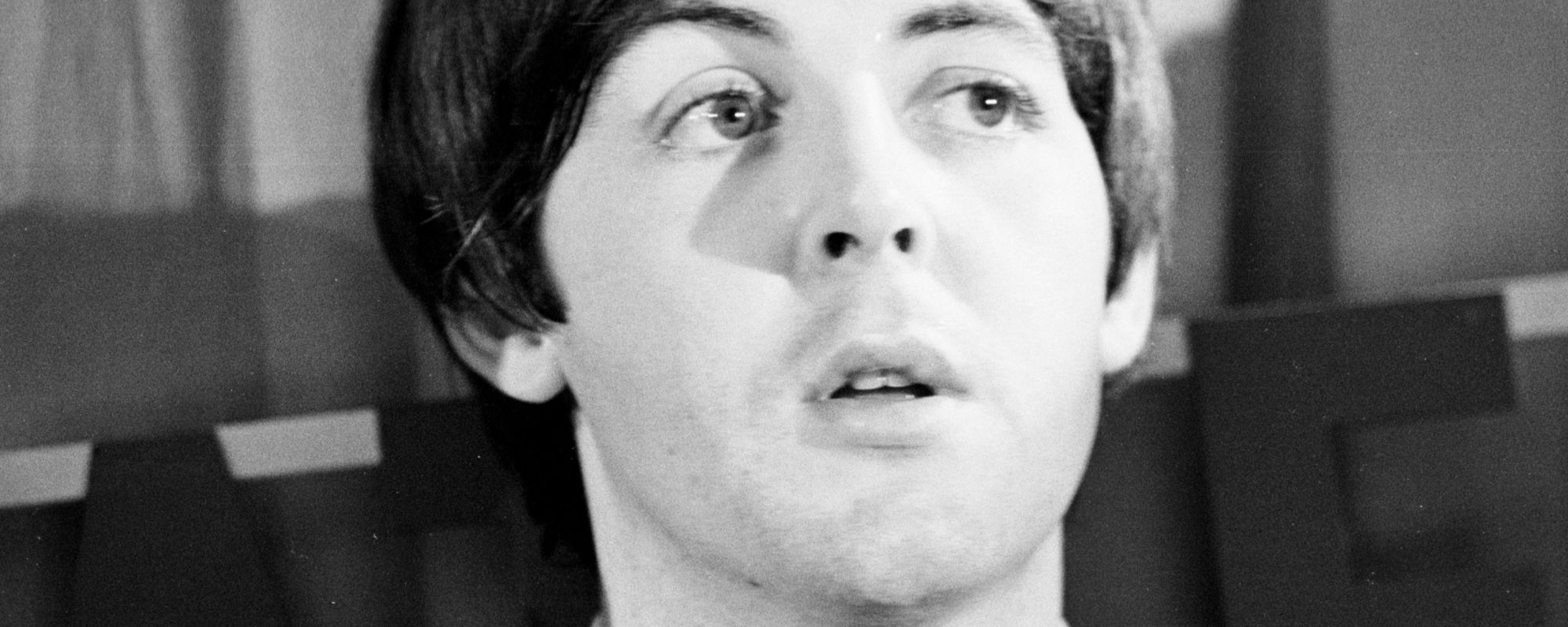
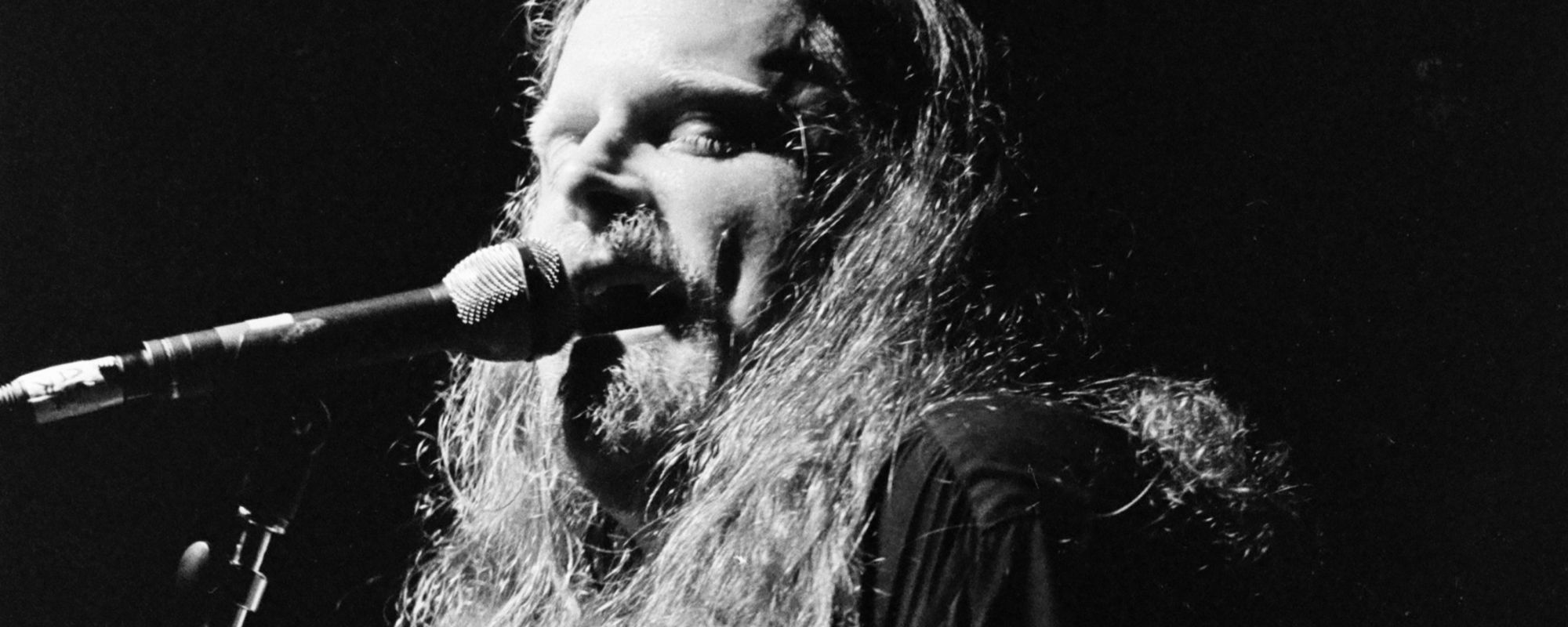
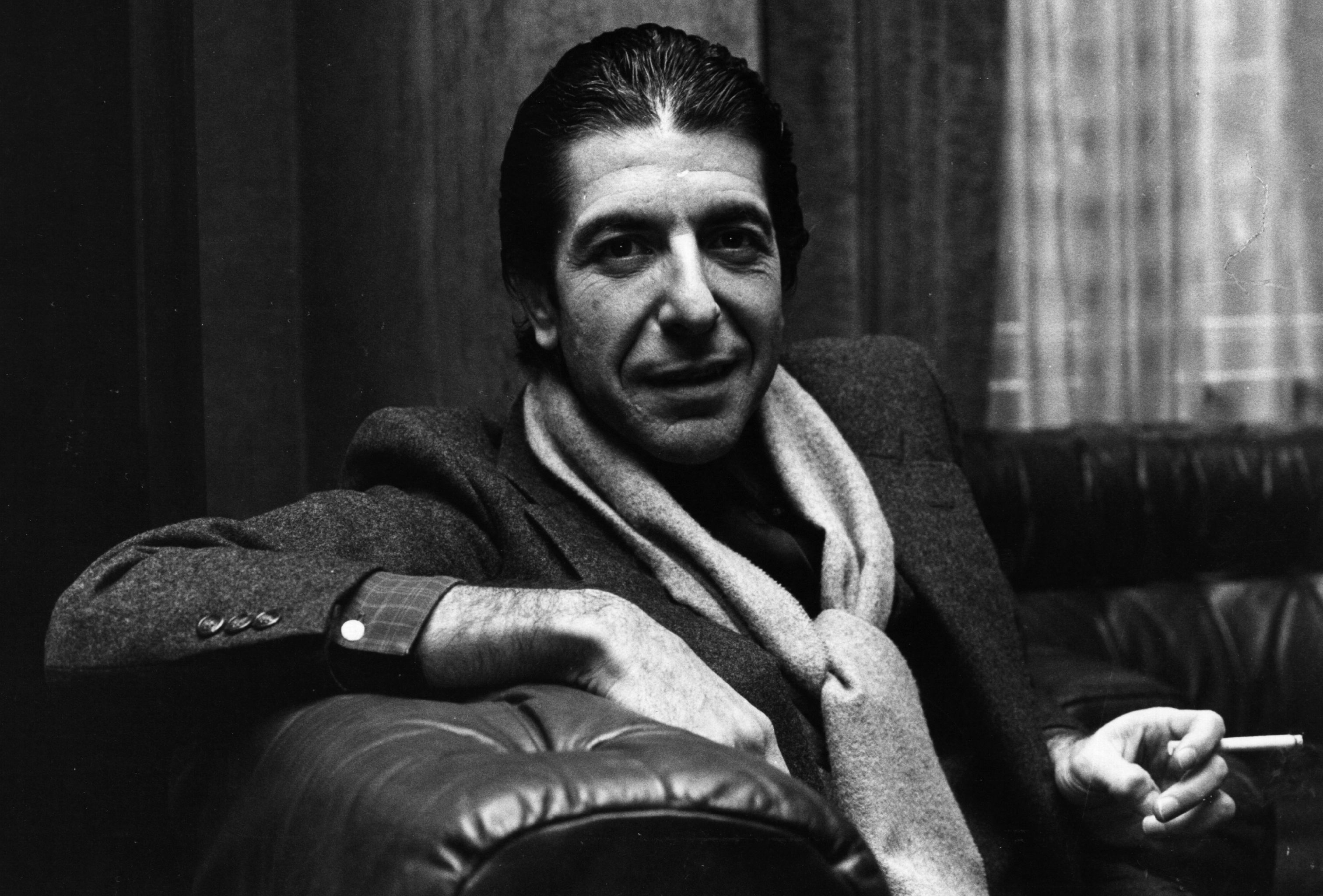

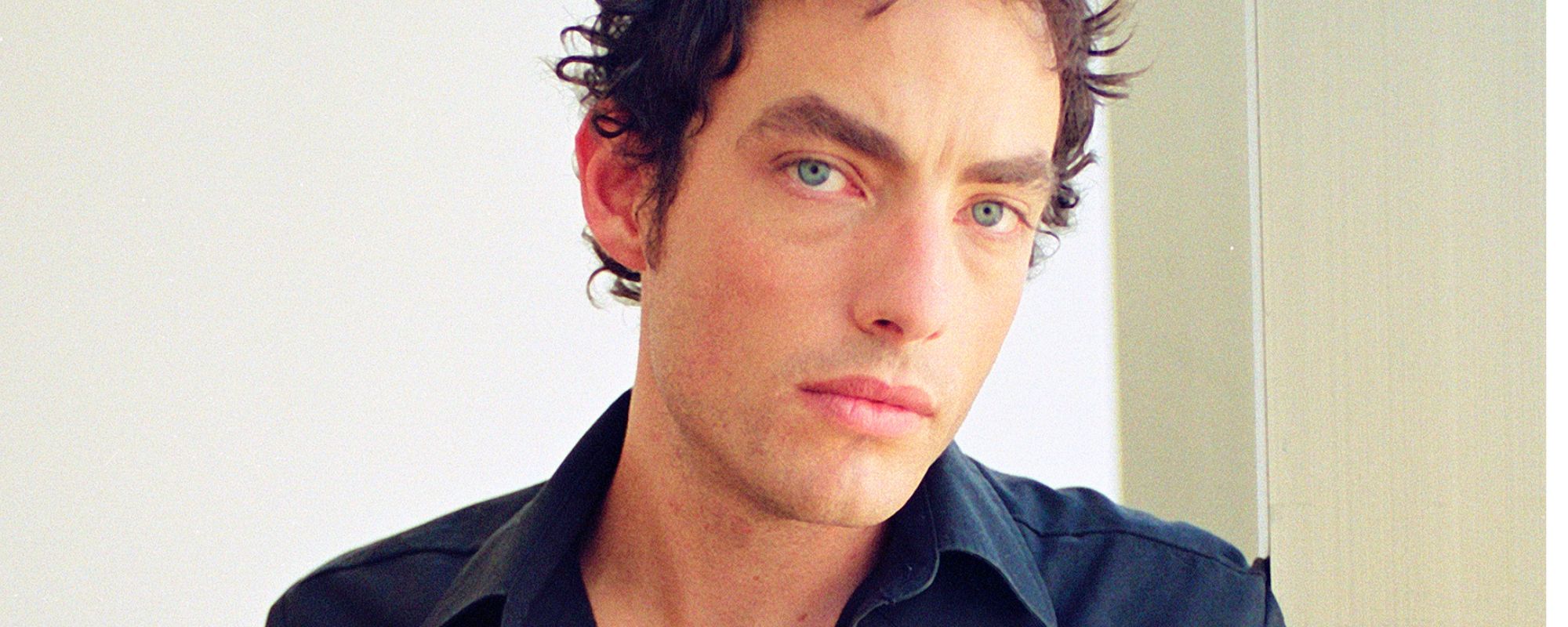
Leave a Reply
Only members can comment. Become a member. Already a member? Log in.